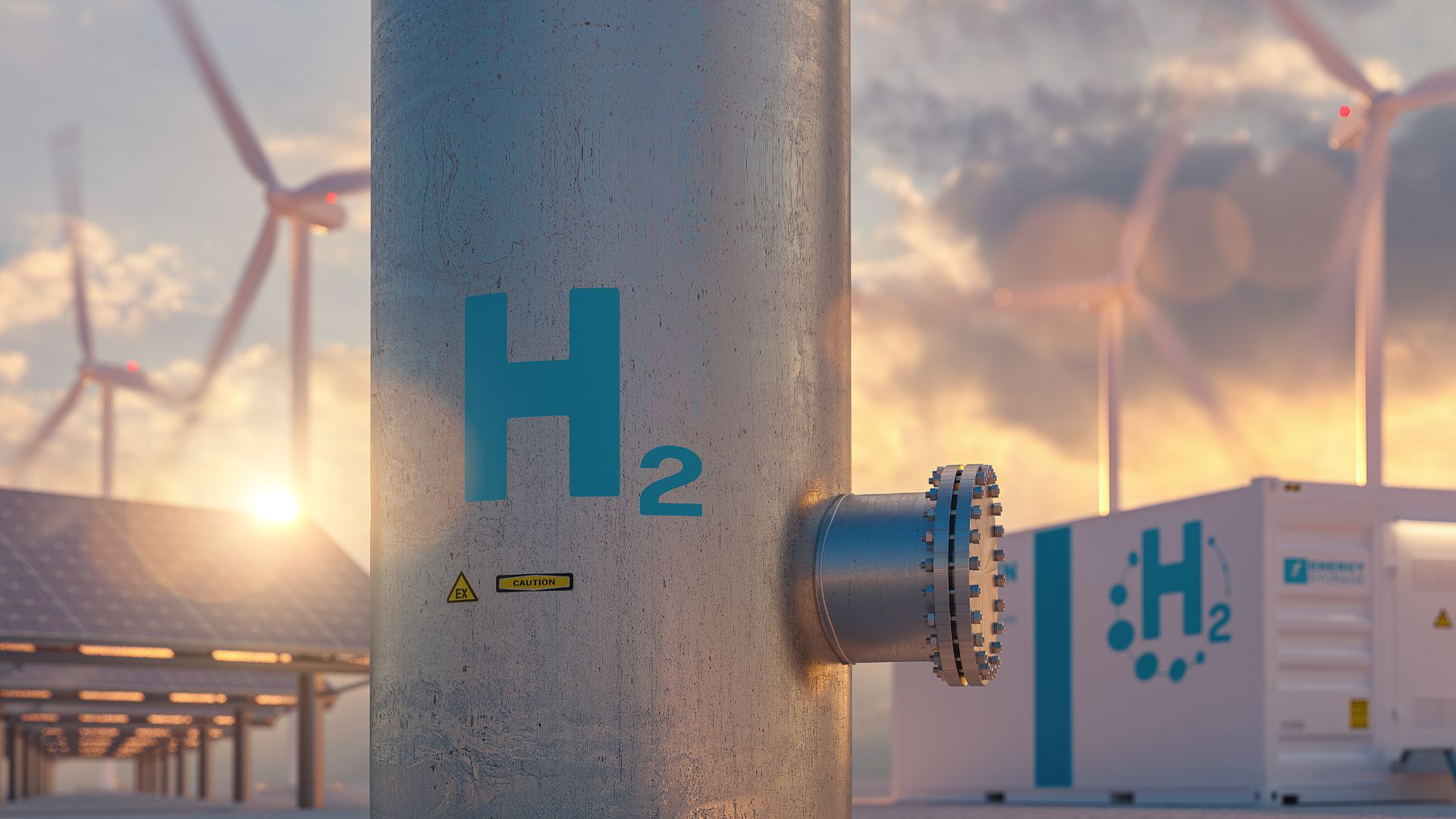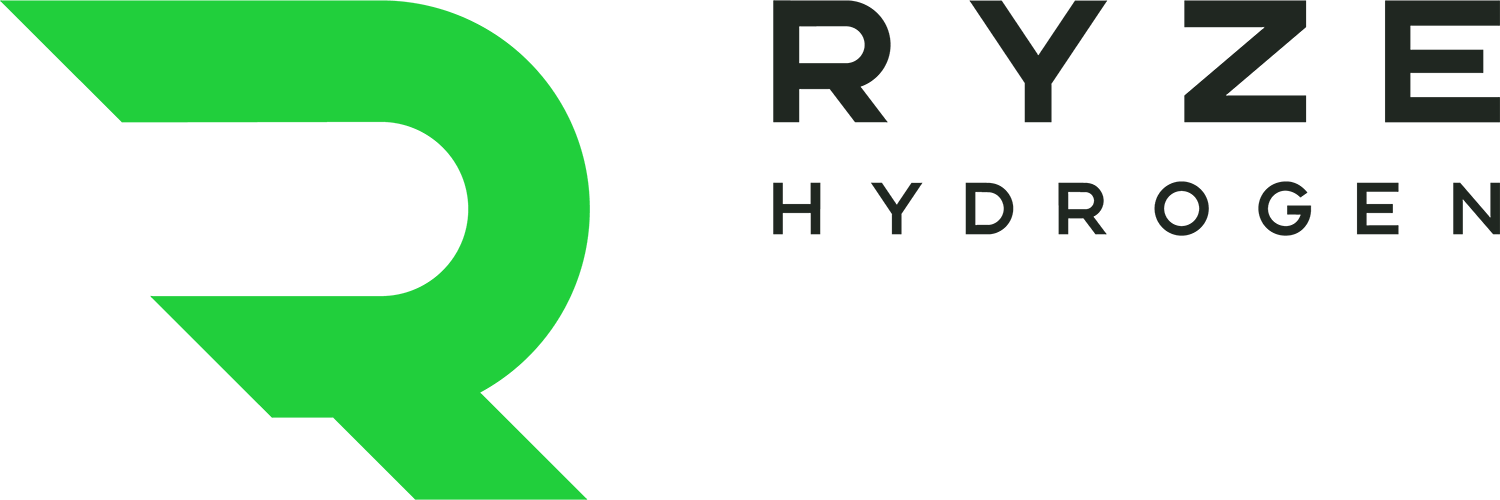One of the advantages of hydrogen is that it can be produced anywhere with an electrolyser, renewable energy and a source of water. That means countries that have not been blessed with hydrocarbons and have had to import their energy now have an opportunity to create their own.
However, not all of those countries have the natural resources in terms of sun, wind, space or water to fulfil their domestic needs for hydrogen. Two such countries are Germany and Japan, among the biggest economies in the world with huge energy needs. Both have recently pointed to their intention to import a great deal of hydrogen.
____________________
Related reading:
ZeroAvia reaches hydrogen flight milestone
____________________
Germany updated its hydrogen strategy last week stating that it will have to import up to 70% of its hydrogen demand in the future as it aims to achieve carbon-neutrality by 2045. Europe’s largest economy is seeking to expand its use of hydrogen to reduce greenhouse gas emissions from industries that cannot be electrified such as steel and chemicals, as well as cut its dependency on imported fossil fuel, such as Russian gas.
As part of the strategy overhaul, Germany doubled its domestic electrolysis capacity target for 2030 to at least 10 GW, but still concluded that it will need to import between 50% and 70% of its hydrogen demand, forecast at 95 TWh to 130 TWh in 2030.
Funds to support the building of an 1,800 km hydrogen pipeline network in Germany are expected to be released by 2027/28 through the EU’s Important Projects of Common European Interest (IPCEI) financing scheme.
The previous week, Japan’s Prime Minister Fumio Kishida visited the Middle East where he signed a number of agreements for studies with the aim of encouraging key countries in the region to become hydrogen partners.
Gulf countries could be major exporters of hydrogen due to their low solar energy production costs.
A Japan-Saudi Arabia initiative called Lighthouse aims to develop clean energy projects relating to areas such as hydrogen, ammonia and carbon recycling.
A further seven agreements were signed between Japanese companies and Middle Eastern firms during the trip, including one between JERA and ADNOC to study cooperation in clean hydrogen and ammonia and a pact between Sumitomo Corp and Sharjah National Oil to study the feasibility of a carbon capture and storage project in the UAE.

It is early days in the global hydrogen economy to predict where the trade of clean hydrogen will be concentrated, but such are the wind resources around the UK that the possibility of hydrogen exports to Europe are being considered.
With the right hydrogen transport and storage infrastructure, the UK could become a reliable source of the clean fuel to its neighbours.
To learn more about Ryze Hydrogen, click here.






